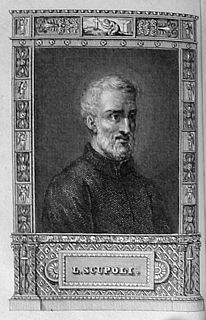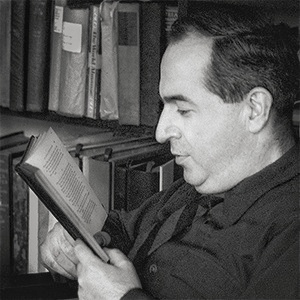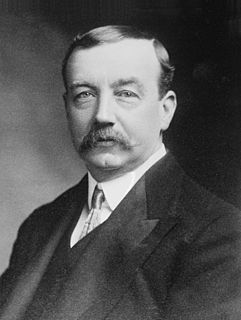A Quote by Thomas Merton
In order to settle down in the quiet of our own being we must learn to be detached from the results of our own activity. We must be content to live without watching ourselves live, to work with expecting immediate reward, to love without an instant satisfaction, and to exist without any special recognition. It is only when we are detached from ourselves that we can be at peace with ourselves.
Related Quotes
In order to find God in ourselves, we must stop looking at ourselves, stop checking and verifying ourselves in the mirror of our own futility, and be content to be in Him and to do whatever He wills, according to our limitations, judging our acts not in the light of our own illusions, but in the light of His reality which is all around us in the things and people we live with.
And yet many of us do it without families," Nynaeve said. "Without love, without passion beyond our own particular interests. So even while we try to guide the world, we separate ourselves from it.We risk arrogance, Egwene. We always assume we know best, but risk making ourselves unable to fathom the people we claim to serve.
Finding a way to extend forgiveness to ourselves is one of our most essential tasks. Just as others have been caught in suffering, so have we. If we look honestly at our life, we can see the sorrows and pain that have led to our own wrongdoing. In this we can finally extend forgiveness to ourselves; we can hold the pain we have caused in compassion. Without such mercy, we will live our own life in exile.
We have to make the first move ourselves rather than expecting it to come from the phenomenal world or from other people. If we are meditating at home and we happen to live in the middle of the High Street, we cannot stop the traffic just because we want peace and quiet. But we can stop ourselves, we can accept the noise. The noise also contains silence. We must put ourselves into it and expect nothing from outside, just as Buddha did. And we must accept whatever situation arises.
Our Christian destiny is, in fact, a great one: but we cannot achieve greatness unless we lose all interest in being great. For our own idea of greatness is illusory, and if we pay too much attention to it we will be lured out of the peace and stability of the being God gave us, and seek to live in a myth we have created for ourselves. And when we are truly ourselves we lose most of the futile self-consciousness that keeps us constantly comparing ourselves with others in order to see how big we are.
To be true to ourselves, however, is not an easy task. We must break free of the seductions of society and live life on our own terms, under our own values and aligned with our original dreams. We must tap our hidden selves; explore the deep-seated, unseen hopes, desires, strengths and weaknesses that make us who we are. We must understand where we have been and where we are going.
Exaggeration! was ever any virtue attributed to a man without exaggeration? was ever any vice, without infinite exaggeration? Do we not exaggerate ourselves to ourselves, or do we recognize ourselves for the actual men we are? Are we not all great men? Yet what are we actually, to speak of? We live by exaggeration.
































